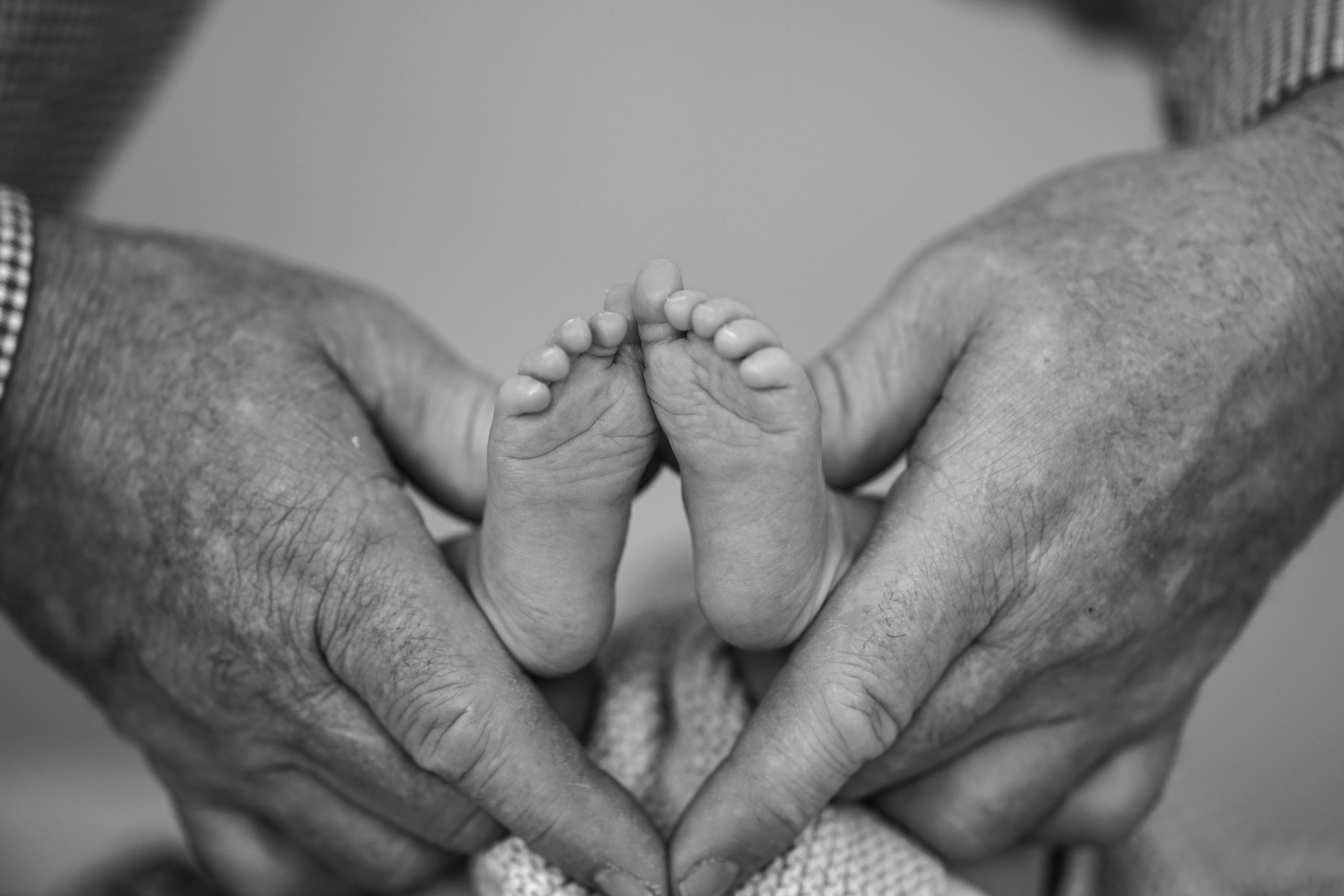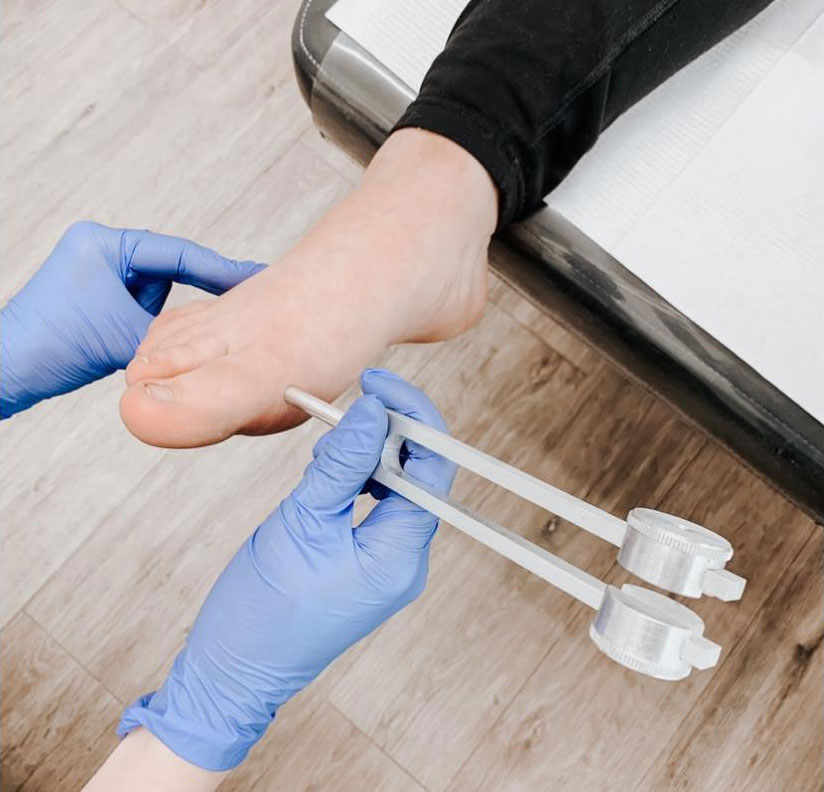For diabetic patients, the foot is one of the body parts where several complications can occur.
Diabetes can affect the nerves in the feet and cause neuropathy, which generally leads to loss of sensation that the patient may not perceive. Diabetes can also affect blood circulation, increasing the risk of infection and slowing down the healing process.
For these reasons, diabetic individuals are at risk of developing pressure ulcers that can lead to amputations. As such, it is recommended for diabetic individuals to consult a podiatrist to assess the condition of their feet.
Fortunately, most of these complications can be prevented, but it is crucial for diabetics to pay special attention to their feet. It is important to be particularly careful with cuts, calluses, ingrown nails, blisters, injuries, and especially the shoes worn.
The podiatrist is qualified to recognize local signs of poor circulation, detect nerve damage in the feet, and identify abnormal areas of pressure that can cause problems. They can provide preventive foot care, offer advice on appropriate footwear if necessary, and prescribe orthotics for better pressure distribution.
If there is an injury, changes in skin color, warmth, swelling, discharge, pain, numbness, or any other unusual signs, do not hesitate to consult your podiatrist.
WHILE WAITING TO SEE YOUR PODIATRIST…
What you should do:
- Adopt healthy lifestyle habits.
- Wash your feet daily and dry them thoroughly, especially between the toes.
- Examine your feet daily using a mirror if needed.
- Test the water temperature with your elbow before taking a bath.
- If you need to use tools on your feet like nail clippers or a file, disinfect them before and after each use. Do not share your personal tools with family members.
What to avoid:
- Due to the increased risk of infection in diabetic individuals, it is not recommended to use pharmaceutical products without a prescription.
- Wearing inappropriate footwear (tight shoes, high heels).
- Putting on shoes without checking for foreign objects inside (stones, sand, etc.)

